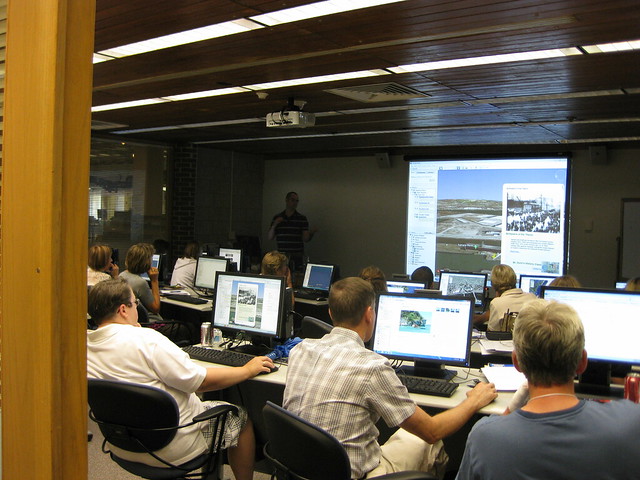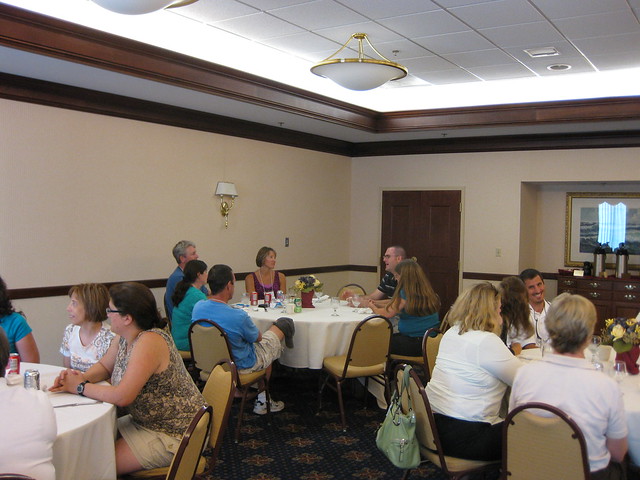I just posted this over on Joanne Jacob’s blog in response to some of the comments from her readers.
I recommend reading Keith Devlin’s "The Math Instinct." He makes an interesting argument, which he supports with research, that the math people learn in schools is virtually never used outside of schools, except by a very small percentage of people.
First, he shares research which shows that people have a high rate of accuracy when solving mathematical problems using self-made strategies in such contexts as the supermarket, etc… He then points out that the longer people have been out of school, the MORE successful their strategies are. In other words, remembering the school math strategies for solving problems is a hindrance when trying to solve real life math problems. Further, he points out that only a tiny percentage of people are able to use the school math strategies (which are highly efficient in many ways) to solve problems.
The problem, according to him, is one of an inability to transfer knowledge gained in one domain, and in one style of learning, to another domain in our lives. In other words, knowledge gained about algorithms in schools, regardless of the curriculum used, is too far removed from the actual applications of the math.
So it seems to me that this means that it doesn’t matter if the kids memorize some algorithms as a kid, that this should not be the primary purpose of mathematics education.
Another interesting point to make is that mathematicians, engineers, and other professionals who use mathematics are often not the best at arithmetic, but excel in problem solving and applying math they’ve learned to different contexts. They become a profession that uses mathematics because they are able to use it creatively.
I’m really sick to death of everyone worrying about whether or not kids know how to multiply 6 by 4 and worried that no one seems to be concerned about whether or not kids know WHY we would want to multiply 6 by 4, and HOW this is useful in their actual lives.
If you don’t think that we have a serious problem with numeracy (the ability to think mathematically and apply mathematics to different contexts), see this map of numeracy levels (including ALL adults aged 16 and older, so like all of you who learned mathematics the old way): http://www.ccl-cca.ca/cclflash/numeracy/map_canada_e.html
It paints a pretty scary picture of the problems in numeracy across Canada, in one of the best education systems in the world.
Maybe if we spent a lot more time doing engaging mathematics and applying what the kids learn in context, we might actually have a generation of people who USE mathematics, rather than a generation that complains about how awful math was when they grew up, and how horrible they were at it, but then asks their kids to do the same thing they did.
Some people actually LIKE mathematics, believe it or not.
It’s a bit strong, but so were the comments on her blog.

